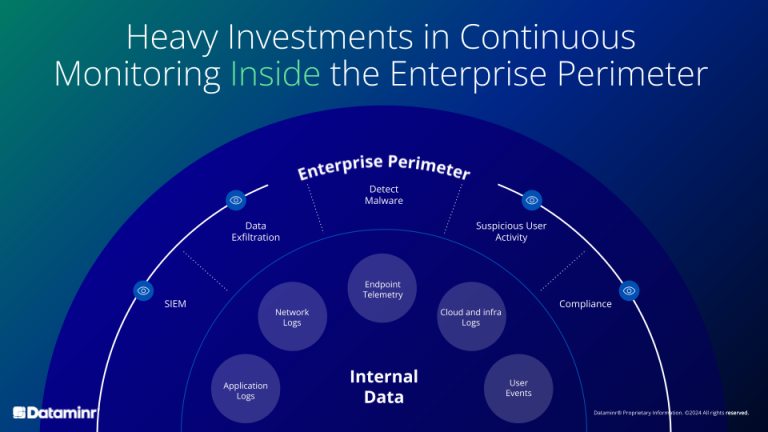
The job market has shifted dramatically over the past decade. Traditional career paths that once guaranteed stability have become unpredictable, while entirely new roles emerge seemingly overnight.
Workers across industries face a common challenge: the skills that got them hired may not be enough to keep them competitive.
This reality has made upskilling essential rather than optional.
Companies actively seek employees who can adapt to changing technology, solve complex problems, and bridge skill gaps within their teams.
Why Everyone’s Talking About Upskilling (And Why You Should Care)
Skills have expiration dates now. What took decades to become obsolete in previous generations now happens in just a few years.
Automation handles routine tasks that once required human intervention, while new technologies create job requirements that didn’t exist when most people were in school.
The demand for hybrid skill sets has increased significantly. Employers want marketing professionals who understand data analytics. They need project managers who can work with remote teams using digital collaboration tools.
Finance professionals must grasp basic programming concepts to work with automated systems. Geographic barriers have also disappeared for many roles, meaning you’re competing globally rather than just locally.
Taking a Hard Look at Where You Stand
Self-assessment requires brutal honesty about your current abilities. Most professionals either overestimate their expertise or undervalue skills they actually possess.
Start by documenting what you do daily at work. Note which tasks feel effortless versus those that cause stress or take excessive time. So, pay attention to what colleagues consistently ask for your help with – these represent your genuine strengths.
Skills Audit Framework:
| Category | Key Questions | Action Items |
| Technical Skills | What software/tools do you use daily? | List current tools, research industry standards |
| Soft Skills | How do you handle conflict and communication? | Get feedback from colleagues |
| Industry Knowledge | What trends are you aware of? | Subscribe to publications, join groups |
| Leadership | Do people seek your guidance? | Volunteer for cross-functional projects |
Review job descriptions for positions you’d like to have in 2-3 years. Create a list of required skills that appear frequently across multiple postings. This reveals market expectations rather than just one company’s preferences.
Picking Skills That Actually Matter
The temptation to learn everything is strong, but scattered efforts produce mediocre results. Focus creates expertise that employers actually value.
Consider three time horizons when selecting skills.
Immediate needs (6-12 months) should address current job challenges or internal promotion requirements.
Medium-term goals (1-3 years) prepare you for industry shifts or career transitions.
Long-term investments (3+ years) focus on foundational skills that remain valuable across economic cycles.
High-Value Skill Categories:
- Data literacy – interpreting and presenting information regardless of field
- Digital communication – writing clearly for different audiences and platforms
- Systems thinking – seeing connections between complex problem components
- Cross-cultural competency – working effectively with diverse global teams
- Continuous learning – acquiring new knowledge quickly and efficiently
Research salary data for skills you’re considering. Some capabilities command significant pay premiums while others are expected baseline competencies.
For professionals looking to leverage these newly developed skills, platforms like Higher Hire connect candidates with employers who specifically value continuous learning and skill development.
Getting Your Learning Game Plan Together
Effective learning requires structure without being overly rigid. Random course completion doesn’t translate into usable skills.
You need a framework that builds knowledge systematically while allowing for adjustments.
Set specific, measurable goals rather than vague intentions. “Learn Python” is too broad.
“Complete three data analysis projects using Python within four months” provides clear direction and accountability measures.
Budget both time and money realistically – most people underestimate how long skill development actually takes.
Learning Resource Types:
- Free resources: Great for exploration, but often lack depth
- Paid courses: More comprehensive with better structure
- Bootcamps: Intensive but expensive; work best for career transitions
- University programs: Thorough but time-consuming
- Mentorship: Invaluable for industry insights and avoiding mistakes
Actually Sticking to Your Plan
Motivation fades, but systems endure. Building learning into your routine makes progress more likely than relying on willpower alone.
Schedule learning time like any other important commitment. Early morning often works best since energy levels are higher and fewer distractions exist.
Block time on your calendar and treat it as seriously as you would a meeting with your boss.
Create accountability mechanisms that work for your personality – some people thrive with public commitments while others prefer private tracking systems.
Putting Your New Skills to Work
Knowledge without application remains theoretical. Real expertise develops through solving actual problems under real constraints.
Look for low-risk opportunities within your current role first. Volunteer for projects that allow skill practice. Propose solutions using new capabilities you’ve developed.
Offer to lead initiatives that align with your learning goals. Document your applications and results meticulously – this information becomes valuable during performance reviews and job interviews.
Knowing If It’s Actually Working
Progress measurement prevents wasted effort on ineffective learning approaches. Regular assessment helps you adjust strategies before investing too much time in the wrong direction.
Key progress indicators include confidence levels when discussing topics with knowledgeable colleagues, speed of task execution, quality improvements in work output, recognition from others seeking your input, and enhanced problem-solving abilities.
Set milestone reviews every 6-8 weeks to evaluate what’s working well and what needs adjustment.
Making Your Investment Pay Off
Skill development only benefits your career if others know about your new capabilities. Many people learn valuable skills but fail to communicate their growth effectively.
Update all professional profiles immediately after completing significant learning milestones. Use specific examples rather than generic statements about skills acquired.
Share insights from your learning in team meetings, write about applications in company newsletters, and mentor others wanting to develop similar capabilities.
Staying Ahead of the Game
Continuous learning becomes easier once you develop effective systems and habits. Build information filtering systems that deliver relevant updates without overwhelming you.
Subscribe to 2-3 high-quality industry publications rather than trying to follow everything.
Maintain relationships with people who are 1-2 steps ahead of you professionally. They provide early warnings about important changes and recommendations for worthwhile learning investments.
Plan your next skill development cycle before completing your current one – small, consistent investments compound over time into significant competitive advantages.






